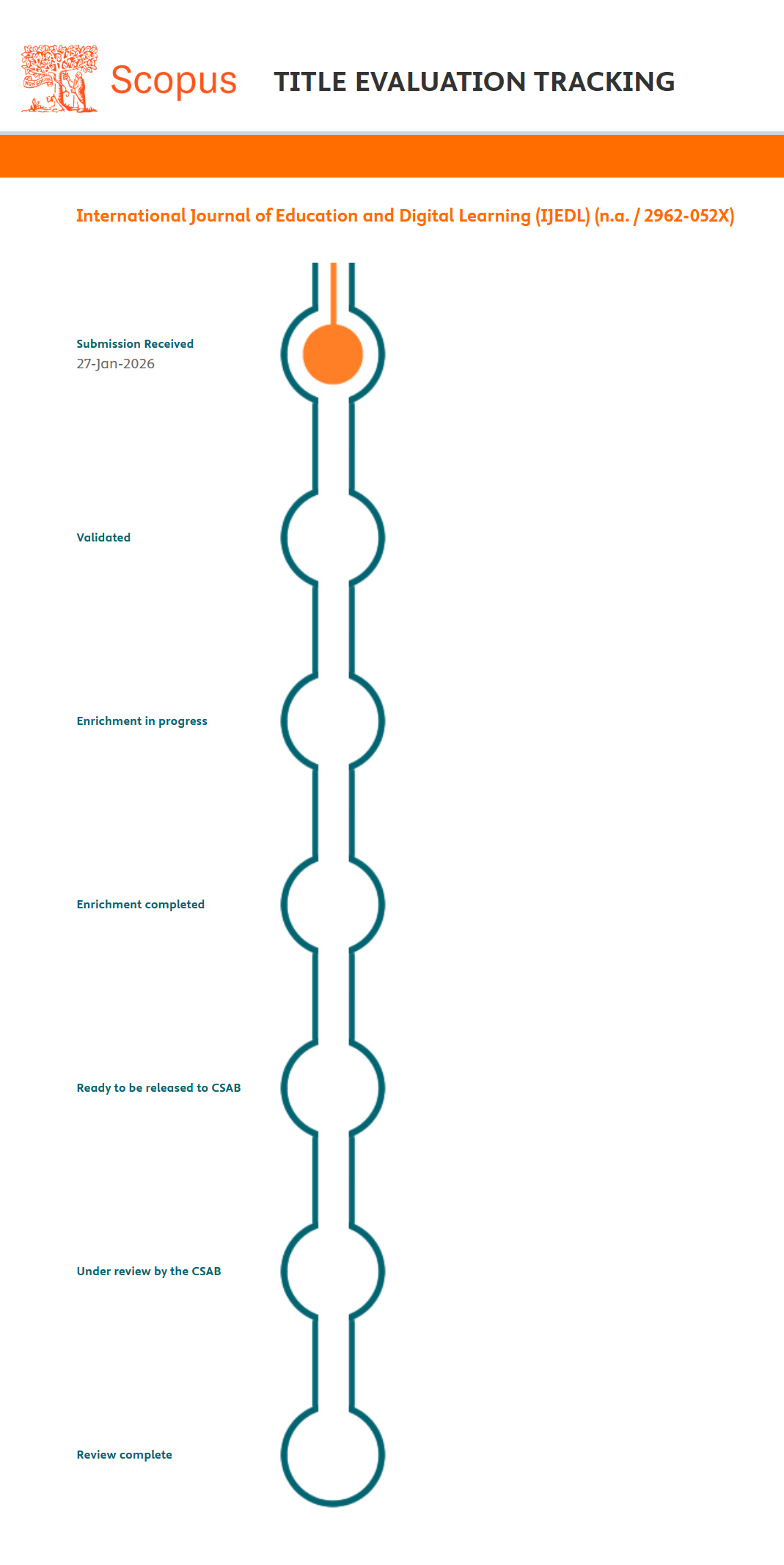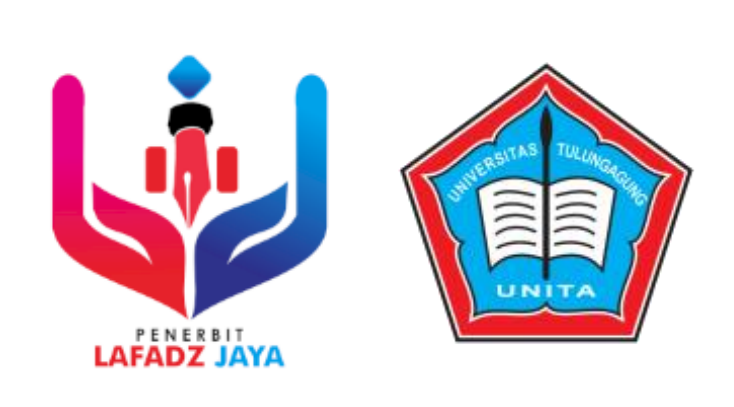Optimizing Digital Learning: Navigating Educational Changes in the Era of Rapid Technological Advancement
DOI:
https://doi.org/10.47353/ijedl.v3i5.345Keywords:
Digital Learning, Emerging Technologies, Artificial Intelligence, Gamification, Virtual RealityAbstract
In recent years, digital learning has emerged as a transformative force in the education sector, driven by rapid technological advancements. This study explores the evolution and optimization of digital learning, emphasizing the integration of emerging technologies such as artificial intelligence (AI), virtual reality (VR), and gamification. These innovations have the potential to enhance learning experiences, providing personalized, immersive, and interactive educational environments. However, challenges such as the digital divide, limited access to technology, and the need for teacher preparedness must be addressed to fully optimize the benefits of digital learning. Through a comprehensive review of existing literature and case studies, this article identifies key trends and challenges in the adoption of digital learning tools. It offers practical recommendations for educators and policymakers to ensure equitable access to digital resources, improve teacher training, and integrate emerging technologies effectively into educational practices. Ultimately, the goal is to create an inclusive, engaging, and high-quality learning experience that can cater to diverse learners in the digital age.
Downloads
References
Allen, I. E., & Seaman, J. (2017). Digital learning: The state of the nation. Babson Survey Research Group.
Anderson, C. (2016). Digital learning: A global perspective. Routledge.
Anderson, T. (2016). Theories for learning with emerging technologies. Routledge.
Bernard, R. M., et al. (2009). A meta-analysis of blended learning and technology use in higher education. Review of Educational Research, 79(1), 41-58.
Clark, R. E. (2020). Theories of learning in the age of digital technologies. Educational Psychology Review, 32(3), 303-317.
Dede, C. (2017). The role of digital technologies in transforming education systems. Springer.
Deterding, S., Dixon, D., Khaled, R., & Nacke, L. (2011). From game design elements to gamefulness: defining' gamification'. Proceedings of the 2011 annual conference on human factors in computing systems, 9-15.
Garrison, D. R., & Akyol, Z. (2013). The community of inquiry framework: Impact on learning and teaching. Journal of Interactive Media in Education, 2013(1), 10-15.
Garrison, D. R., & Kanuka, H. (2004). Blended learning: Uncovering its transformative potential in higher education. The Internet and Higher Education, 7(2), 95-105.
Garrison, D. R., & Vaughan, N. D. (2008). Blended learning in higher education: Framework, principles, and guidelines. Jossey-Bass.
Koedinger, K. R., et al. (2015). Toward a science of learning in the digital age. Science, 350(6257), 1411-1415.
Kalantzis, M., & Cope, B. (2012). Learning and digital technologies: Emerging paradigms. Routledge.
Kim, C., & Lee, K. (2022). Exploring the role of AR in digital learning environments: Applications and implications. Journal of Educational Technology, 42(3), 11-18.
Koedinger, K. R., et al. (2015). Toward a science of learning in the digital age. Science, 350(6257), 1411-1415.
Lajoie, S. P., & Azevedo, R. (2019). Teaching and learning in digital environments: New insights. Journal of Learning Sciences, 28(4), 356-374.
Lyman, F. (2020). Gamification in education: Tools and techniques. Educational Technology Research and Development, 68(1), 91-104.
McFarlane, A., & Sakellariou, K. (2019). Digital learning tools: Trends and practices. Cambridge University Press.
Means, B., Toyama, Y., Murphy, R., Bakia, M., & Jones, K. (2013). Evaluation of evidence-based practices in online learning: A meta-analysis and review of online learning studies. U.S. Department of Education.
Molenaar, I., & Korthagen, F. A. J. (2020). Teachers' professional development in the digital age: New perspectives. Teaching and Teacher Education, 91(4), 17-27.
Puentedura, R. R. (2014). SAMR: A contextualized model for transforming education. International Journal of Educational Technology, 7(3), 125-135.
Selwyn, N. (2016). Education and technology: Key issues and debates. Routledge.
Thomas, M. (2020). Gamification for learning: A step-by-step guide to integrating game mechanics in the classroom. Wiley-Blackwell.
UNESCO. (2020). The digital divide in education: A global concern. UNESCO Institute for Statistics.
Zhang, Y. (2023). The role of AI in personalized learning and adaptive education. Journal of Educational Technology and Innovation, 15(2), 102-115.
Zhao, Y., et al. (2020). Examining the role of teacher readiness in the effective implementation of digital learning. Journal of Educational Technology, 19(4), 255-273.
Downloads
Published
How to Cite
Issue
Section
License
Copyright (c) 2025 Mohammad Ahmad Bani Amer, Markhabat Bolat

This work is licensed under a Creative Commons Attribution-ShareAlike 4.0 International License.












